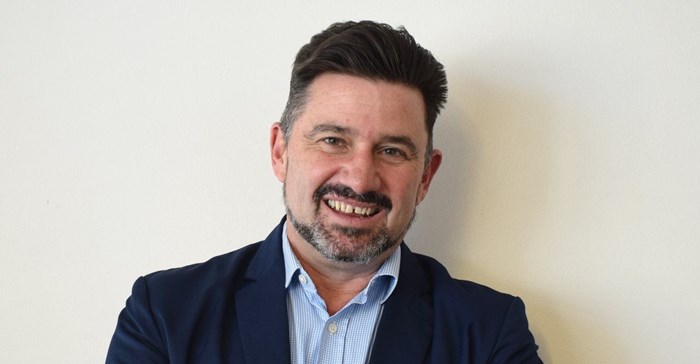
Related

US, Japan, and Eurozone's central banks diverge in rate policies
Izak Odendaal 4 Nov 2025



Is BNPL reshaping South Africa's retail credit trends in 2025?
Regan Adams 19 May 2025


Top stories






More news














While the obvious solution is cutting back on government borrowing and expenditure, 2024 being a closely contested election year means that Treasury faced added pressure to avoid painful tax increases or expenditure cuts which would further pressure households.
“The Budget Speech is always a balancing act, but even more so this year as sluggish economic growth – in part due to load shedding and logistic bottlenecks - has resulted in revenue shortfalls which, coupled with spending pressure, is causing debt to increase as a percentage of GDP,” comments Rhys Dyer, chief executive officer of ooba Group.
To meet their financial obligations and make up the shortfall, government was left with a quandary – borrow more or raise taxes, or in the case of this budget raid the reserves?
The 2024 Budget Speech by Finance Minister Enoch Godongwana put this speculation to rest when he announced that there would be no major changes to income tax, and no inflation adjustment to personal income tax tables or VAT for the 2024/2025 fiscal year. Furthermore, the General Fuel Levy and RAF (Road Accident Fund) Levy will remain unchanged for the third year in a row, a decision that has come as a surprise to many.
“This decision is sure to be welcomed by consumers and South African homeowners in particular as they continue to battle against the tail-end of an extended interest-rate hiking cycle,” says Dyer.
“The residential property market is still feeling the impact of rate hikes acutely and an income tax increase would only have caused it to contract further, as consumers would have been forced to cut back spending.”
He adds that many homeowners – particularly middle-class income earners – have very little ‘wiggle room’ when it comes to finances.
But while middle and lower-income earners are largely shielded from tax increases, the upper end of the market may still be impacted by bracket creep, which could burst the surprisingly strong bubble the luxury property market has been in since the start of the Covid-19 pandemic.
Bracket creep is a phenomenon seen in high inflationary environments, where inflation pushes income into higher tax brackets, reducing the purchasing power of higher income earners.
Dyer shares that the 2024 Budget Speech did leave the industry disappointed with Treasury’s decision not to increase the threshold for transfer-duty exemption, keeping it at R1.1m or lower, as announced in 2023.
“A raised threshold for transfer duty would be a major boost for the price-conscious first-time buyer segment in particular, as transfer duty is one of the highest additional costs when purchasing a home.”
While the hoped-for transfer-duty threshold increase did not come to pass, Dyer still believes that interest-rate cuts will be the silver lining that South African homeowners so desperately need.
“We anticipate an interest-rate cut from as early as May 2024, but with inflation creeping up again in January 2024, this could potentially be delayed to July 2024, followed by a number of further rate cuts in the last half of 2024.
“As a result, consumer confidence will start to rise, especially among first-time homebuyers, who we expect to represent over 50% of our customers by the last quarter of this year.”